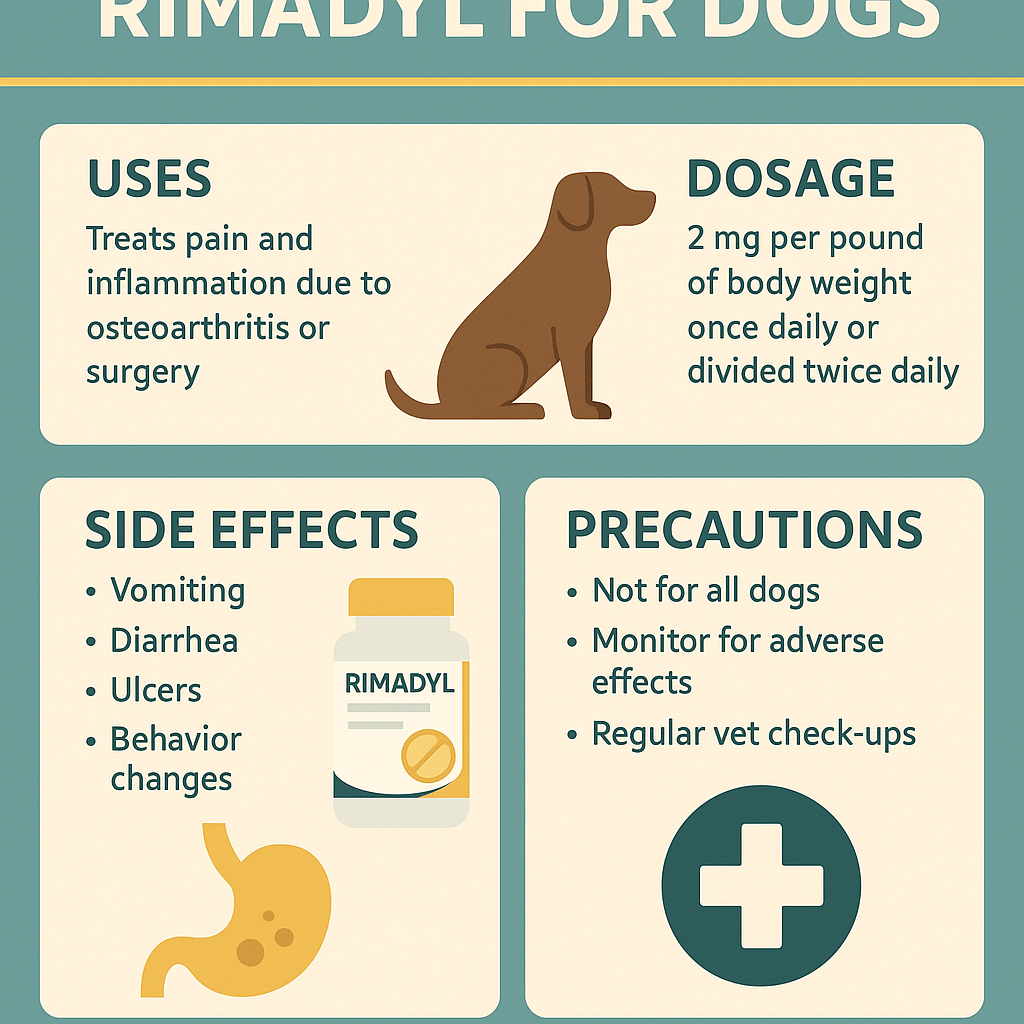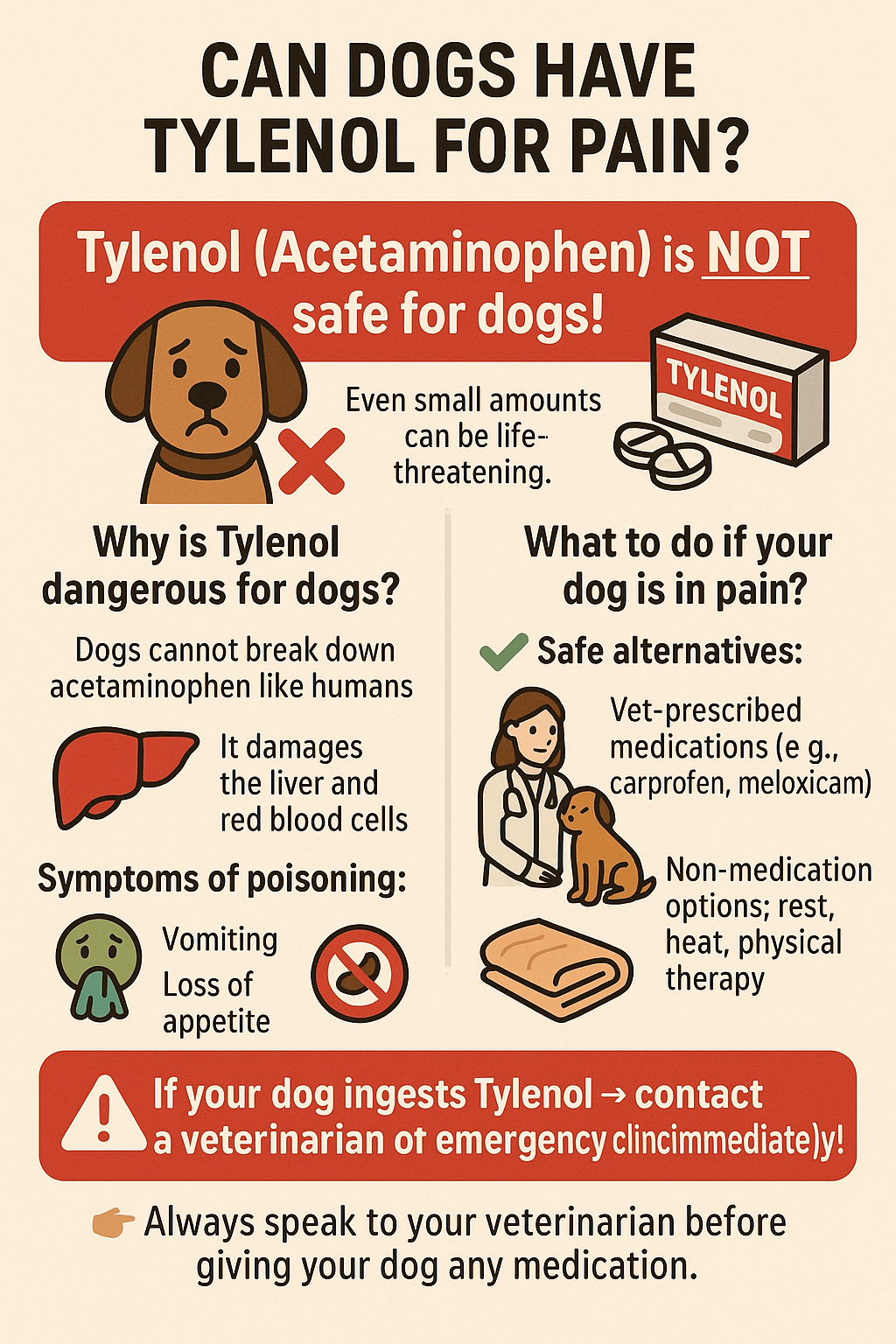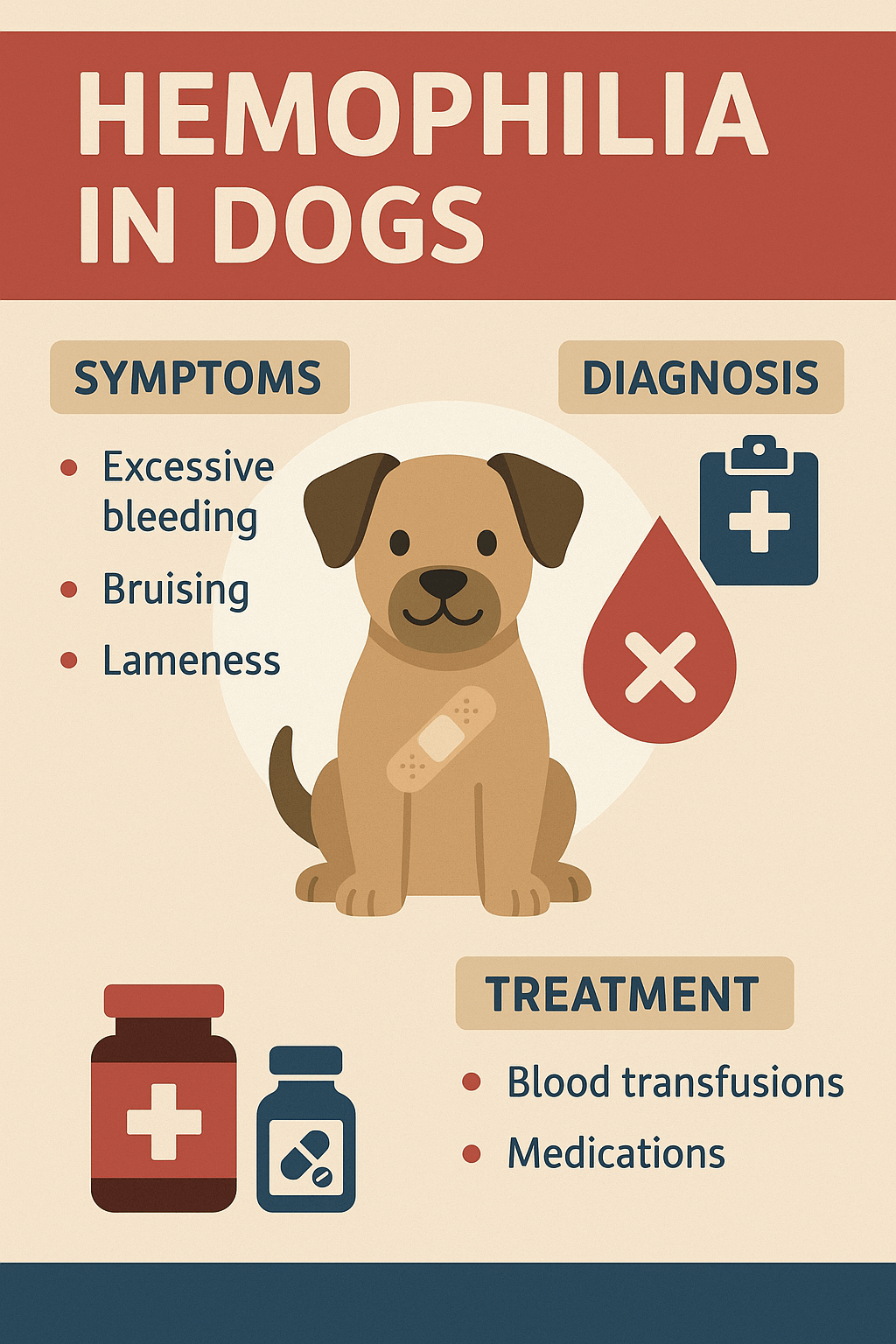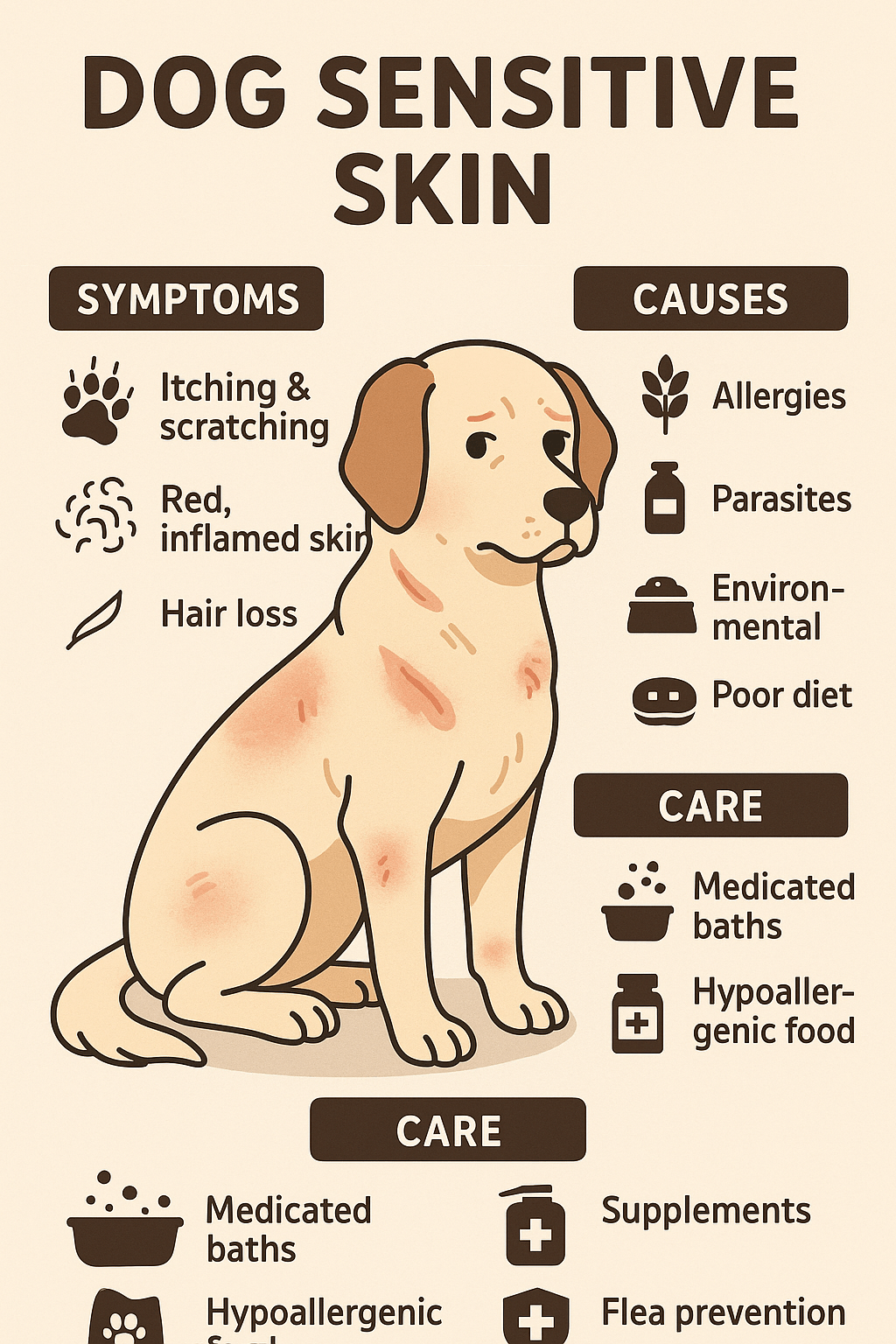Why Is Dog Bronchitis Worse at Night?
If you’ve noticed your dog coughing more intensely or struggling to breathe during the night, you’re not alone. Many pet owners report that symptoms of dog bronchitis seem to worsen after dark. This phenomenon can be concerning, but understanding the reasons behind it can help you better manage your dog’s condition. Bronchitis in dogs is often triggered by inflammation of the airways, and nighttime factors like cooler temperatures, reduced activity levels, and changes in posture can exacerbate symptoms. In this blog post, we’ll explore why dog bronchitis tends to flare up at night, how to recognize the signs, and what steps you can take to provide relief for your furry friend.
Reasons Why Dog Bronchitis Worsens at Night
Several factors contribute to the worsening of bronchitis symptoms in dogs during nighttime hours. These triggers are often linked to environmental and physiological changes that occur when your dog settles down to rest.
Cooler Air Temperatures:
At night, the air is typically cooler, which can irritate sensitive airways and lead to increased coughing or wheezing.Horizontal Positioning:
When dogs lie down, fluid may accumulate in their lungs or airways, making it harder for them to breathe comfortably.Reduced Distractions:
During the day, dogs are often distracted by activities, masking mild symptoms. At night, these distractions disappear, making coughing more noticeable.Dust and Allergens in Sleeping Areas:
Bedding or carpets in sleeping areas may harbor dust, mold, or allergens that aggravate bronchitis symptoms.Slower Breathing Patterns:
Dogs tend to breathe more slowly and deeply while resting, which can trigger coughing fits in inflamed airways.
Understanding these nighttime triggers can help you create a more comfortable environment for your dog and minimize symptom flare-ups.
Signs Your Dog May Have Bronchitis
Recognizing the symptoms of bronchitis is key to addressing the issue promptly and seeking appropriate care for your dog. Here are some common signs to watch for.
Persistent Coughing:
A dry, hacking cough is one of the most noticeable symptoms of bronchitis, especially if it worsens at night.Labored Breathing:
Dogs with bronchitis may exhibit rapid, shallow breathing or struggle to catch their breath after minimal exertion.Lethargy and Fatigue:
Reduced energy levels and reluctance to engage in physical activities can indicate respiratory discomfort.Gagging or Retching:
Some dogs may gag or retch as if trying to clear their throat, particularly after coughing fits.Changes in Sleep Patterns:
Restlessness or frequent waking during the night may signal difficulty breathing due to bronchitis.
If you notice any of these signs, it’s important to consult your veterinarian to confirm the diagnosis and develop a treatment plan.
Check this guide 👉Old Dog Coughing and Gagging: Best 7 Expert Tips!
Check this guide 👉Why Does My Dog Cough When Excited? Best 7 Expert Tips!
Check this guide 👉Dog Coughing Up Blood: Best 7 Health Tips!

Nighttime Triggers for Bronchitis | Ways to Reduce Symptoms |
|---|---|
Cooler nighttime air | Use a humidifier in your dog’s sleeping area |
Horizontal positioning | Elevate your dog’s head with a supportive pillow |
Dust and allergens in bedding | Wash bedding regularly and use hypoallergenic materials |
Slower, deeper breathing patterns | Keep your dog calm and relaxed before bedtime |
Accumulation of mucus in airways | Encourage gentle movement earlier in the evening |
How to Soothe Your Dog’s Bronchitis at Night
Managing your dog’s bronchitis symptoms at night requires a combination of environmental adjustments and supportive care. Here are some strategies to help your dog breathe easier during the night.
Use a Humidifier:
Adding moisture to the air can soothe irritated airways and reduce coughing episodes caused by dryness.Elevate Their Sleeping Area:
Placing a small pillow under your dog’s chest can prevent fluid buildup and improve airflow while they sleep.Keep Bedding Clean:
Regularly washing your dog’s bedding removes dust, dander, and allergens that could worsen symptoms.Limit Evening Activity:
Avoid vigorous exercise or playtime close to bedtime, as this can overstimulate your dog’s airways.Provide a Calming Routine:
Establishing a relaxing pre-sleep routine, such as gentle petting or soft music, can help ease anxiety and promote restful sleep.
By implementing these tips, you can create a soothing environment that minimizes nighttime discomfort for your dog.
Preventive Measures to Manage Dog Bronchitis
Prevention plays a crucial role in managing bronchitis and reducing its impact on your dog’s quality of life. Taking proactive steps can help minimize flare-ups and keep your dog healthier overall.
Maintain a Smoke-Free Environment:
Secondhand smoke is a major irritant for dogs with bronchitis, so ensure your home remains smoke-free.Monitor Weight and Diet:
Obesity can strain your dog’s respiratory system, so maintaining a healthy weight through proper diet and exercise is essential.Regular Vet Check-Ups:
Routine veterinary visits allow early detection of respiratory issues and ensure ongoing management of chronic conditions.Avoid Known Allergens:
Identify and eliminate exposure to allergens like pollen, mold, or cleaning products that may trigger bronchitis symptoms.Vaccinate Against Respiratory Infections:
Keeping your dog up-to-date on vaccinations helps prevent infections that could lead to bronchitis.
By focusing on prevention, you can significantly reduce the frequency and severity of bronchitis episodes in your dog.
Common Mistakes to Avoid When Managing Bronchitis
While caring for a dog with bronchitis, certain mistakes can unintentionally worsen their condition. Avoiding these pitfalls ensures better outcomes for your pet.
Ignoring Early Symptoms:
Delaying treatment can allow bronchitis to progress into a more severe or chronic condition.Using Human Medications:
Over-the-counter drugs designed for humans can harm dogs and should never be administered without veterinary approval.Neglecting Environmental Control:
Failing to address allergens or irritants in your home can prolong or worsen bronchitis episodes.Skipping Follow-Up Appointments:
Regular check-ups are vital for monitoring your dog’s progress and adjusting treatment plans as needed.Overexerting Your Dog:
Pushing your dog to exercise too much can strain their respiratory system and trigger flare-ups.
By avoiding these mistakes, you can help your dog recover faster and stay healthier in the long run.
Natural Remedies to Support Respiratory Health
In addition to veterinary treatments, natural remedies can complement your efforts to manage your dog’s bronchitis. These options focus on soothing symptoms and boosting overall wellness.
Herbal Supplements:
Certain herbs like licorice root or marshmallow root may help reduce inflammation and support respiratory function.Omega-3 Fatty Acids:
Found in fish oil, omega-3s have anti-inflammatory properties that benefit airway health.Steam Therapy:
Letting your dog spend time in a steamy bathroom can loosen mucus and ease breathing difficulties.Honey (in Moderation):
A small amount of honey can soothe irritated throats and suppress coughing, but avoid giving it to puppies or diabetic dogs.Probiotics:
Supporting gut health with probiotics can strengthen your dog’s immune system and reduce susceptibility to infections.
These natural remedies can enhance your dog’s recovery when used alongside professional care.
How Seasonal Changes Impact Dog Bronchitis
Seasonal shifts can influence the severity of bronchitis symptoms in dogs, particularly during colder months or allergy seasons. Understanding these effects can help you prepare and adapt accordingly.
Cold Weather:
Lower temperatures can constrict airways and increase coughing, especially in dogs with pre-existing respiratory issues.Allergy Seasons:
Pollen and mold spores during spring and fall can act as irritants, worsening bronchitis symptoms.Dry Indoor Air:
Winter heating systems often dry out indoor air, leading to increased irritation of sensitive airways.Increased Time Indoors:
Spending more time inside during inclement weather exposes dogs to indoor allergens like dust mites or pet dander.Stress from Routine Changes:
Holidays or seasonal disruptions can cause stress, which may exacerbate bronchitis symptoms in sensitive dogs.
By anticipating these seasonal challenges, you can implement preventive measures and keep your dog comfortable year-round.
Frequently Asked Questions About Dog Bronchitis
What causes bronchitis in dogs?
Bronchitis can result from infections, allergies, irritants, or underlying health conditions affecting the respiratory system.
Is dog bronchitis curable?
While chronic bronchitis cannot be cured, it can be managed effectively with proper care and medication.
Can I give my dog cough medicine?
Never give over-the-counter medications without consulting your vet, as they may harm your dog.
How long does bronchitis last?
Acute bronchitis typically resolves within a few weeks, while chronic cases require ongoing management.
When should I see a vet?
Seek veterinary care if your dog shows persistent coughing, labored breathing, or other concerning symptoms.
Helping Your Dog Breathe Easier at Night
Dog bronchitis can be challenging, especially when symptoms worsen at night. However, with a better understanding of the triggers and effective management strategies, you can help your dog find relief and enjoy restful nights. From creating a clean, comfortable sleeping environment to working closely with your veterinarian, every step you take contributes to your dog’s well-being. Remember, your love and dedication are the most powerful tools in supporting your furry companion through this condition. With patience and care, you can ensure your dog lives a happy and comfortable life despite bronchitis.
Rimadyl for Dogs: Best 7 Expert Tips! Discover expert advice on using Rimadyl safely, managing pain, and improving your dog’s mobility with trusted veterinary insights.
Can Dogs Have Tylenol for Pain? Best 7 Expert Tips! Discover the risks, safe alternatives, and expert advice on managing your dog’s pain effectively while avoiding harmful medications.
Understanding Hemophilia in Dogs: Best 7 Expert Tips! Discover expert advice on managing hemophilia, recognizing symptoms, and ensuring your dog’s well-being with practical care strategies.
Understanding Dog Sensitive Skin: Best 7 Expert Tips! Discover expert advice on managing dog sensitive skin, relieving irritation, and improving your pup’s comfort with practical solutions.




